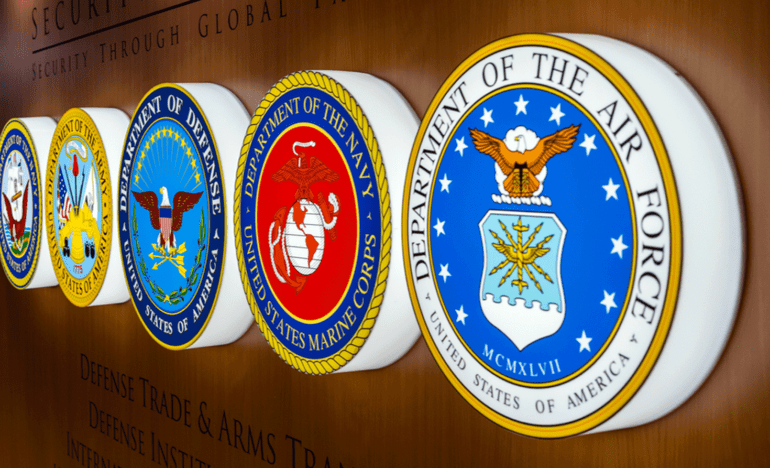TL;DR:
- The US Government Accountability Office (GAO) emphasizes the critical need for the Department of Defense (DoD) to issue department-wide artificial intelligence (AI) acquisition guidance.
- The DoD has begun pursuing advanced AI capabilities but has historically faced challenges in acquiring weapon systems software.
- The GAO analyzed private sector practices and made recommendations for the DoD and military departments to develop comprehensive AI acquisition guidance.
- Currently, the DoD lacks department-wide and tailored service-level guidance, missing an opportunity to acquire AI capabilities consistently and address AI-specific challenges.
Main AI News:
In a groundbreaking report presented to the esteemed Senate Committee on Armed Services, the US Government Accountability Office (GAO) highlights a critical need for the Department of Defense (DoD) to issue comprehensive guidance on artificial intelligence (AI) acquisitions across the entire department. This 44-page-long document, which was released last month, reveals that the DoD has embarked on a trajectory of pursuing increasingly sophisticated AI capabilities.
The report underscores the historical challenges faced by the department in procuring software for weapon systems, indicating that AI acquisitions present additional complexities. To gain insights into successful AI acquisition practices, the GAO meticulously examined information provided by 13 leading private sector companies. These companies considered various crucial factors when acquiring AI capabilities, including the assessment of the need and suitability of AI, the development of a robust business case, the customization of contracting approaches to safeguard data and systems access, rigorous testing and evaluation of proposed solutions, and the anticipation of future AI capabilities that hold immense value.
In conjunction with scrutinizing defense documentation and conducting interviews with officials, the GAO arrived at four key recommendations for the DoD and the three military departments: the Army, Navy, and Air Force. The central proposition is for these entities to collaboratively devise a comprehensive AI acquisition guidance framework. Encouragingly, the GAO report acknowledges that the department has “concurred with the recommendations.”
However, the GAO points out a glaring void in the current state of affairs. Despite the considerable involvement of various entities within the DoD in AI acquisition, development, and utilization, the department has not yet issued department-wide guidance on how its components should approach acquiring AI. While the DoD is in the initial stages of planning to develop such guidance, it is yet to solidify concrete plans and establish a timeline for its completion.
Moreover, the report emphasizes that the military services lack specific AI acquisition guidance tailored to their respective needs. Although officials have expressed the potential benefits of such guidance in navigating the complex AI acquisition process, no definitive steps have been taken thus far.
The absence of department-wide and tailored service-level guidance has far-reaching implications. The DoD stands at risk of missing a valuable opportunity to ensure the consistent and strategic acquisition of AI capabilities, one that fully accounts for the unique challenges associated with AI.
In light of these revelations, the urgent need for comprehensive AI acquisition guidance within the Defense Department becomes all the more apparent. The DoD must seize this moment to proactively establish a well-defined framework that governs the acquisition of AI capabilities across its various branches. By doing so, the DoD can position itself as a leader in harnessing the immense potential of AI while mitigating the associated risks. Failure to act decisively would not only hinder progress but also compromise national security.
Conclusion:
The Defense Department urgently requires comprehensive AI acquisition guidance to navigate the complexities of procuring advanced AI capabilities. This report highlights the historical struggles in acquiring AI and the need for tailored guidance to ensure consistent and strategic acquisition. From a market perspective, this presents opportunities for AI vendors and service providers to offer specialized solutions and consulting services to support the DoD’s AI initiatives. The development and implementation of robust AI acquisition guidance will be crucial for the DoD to effectively harness AI’s potential while mitigating risks, paving the way for growth and innovation in the AI market within the defense sector.

